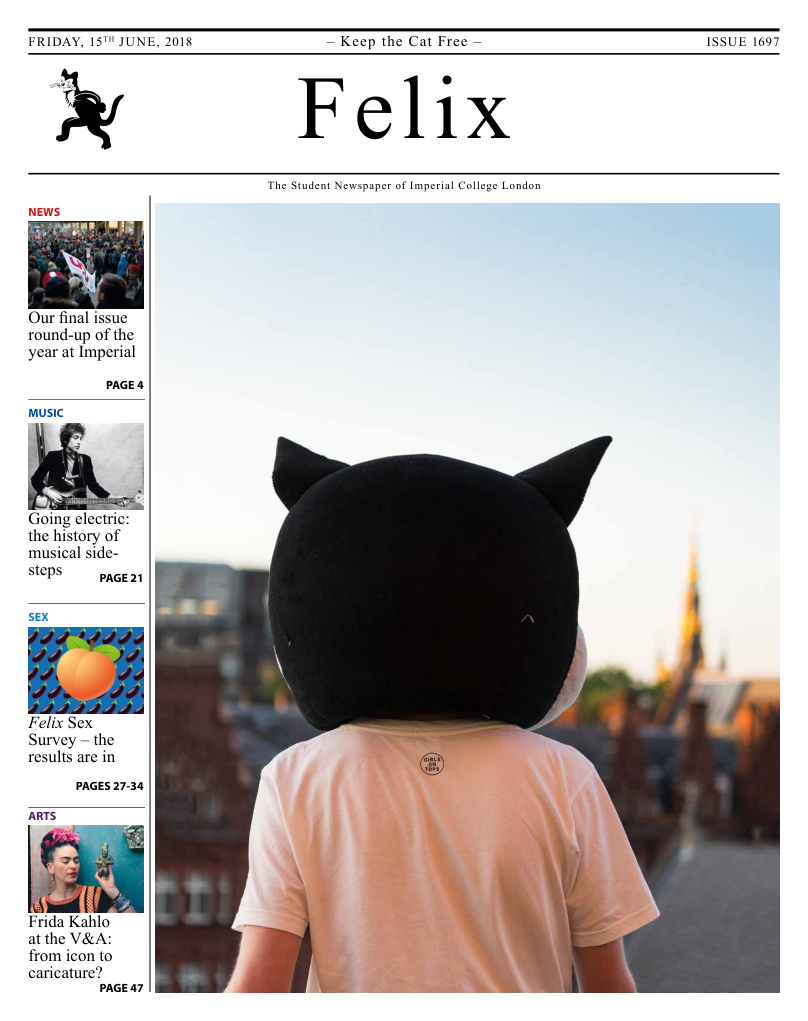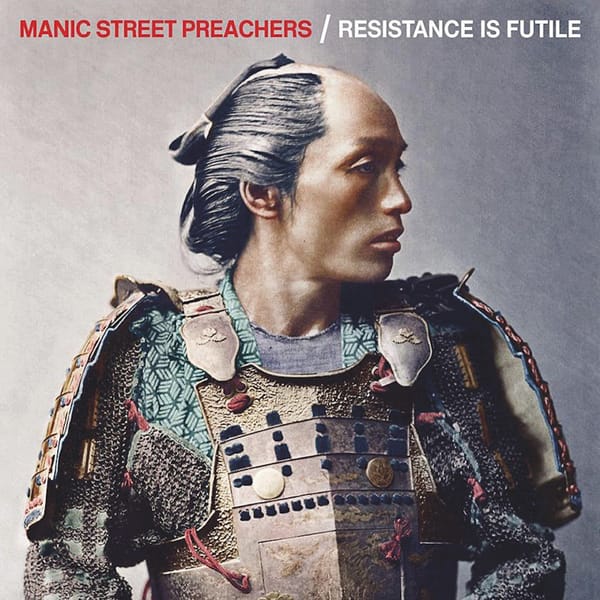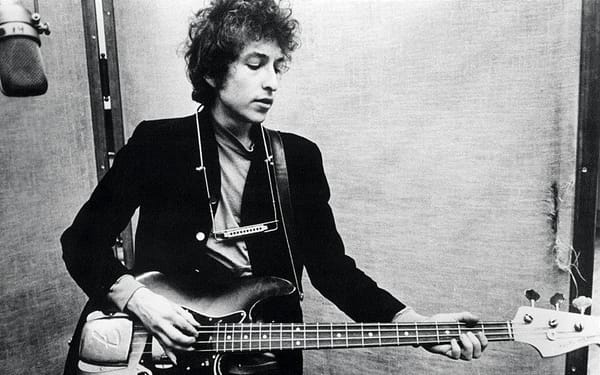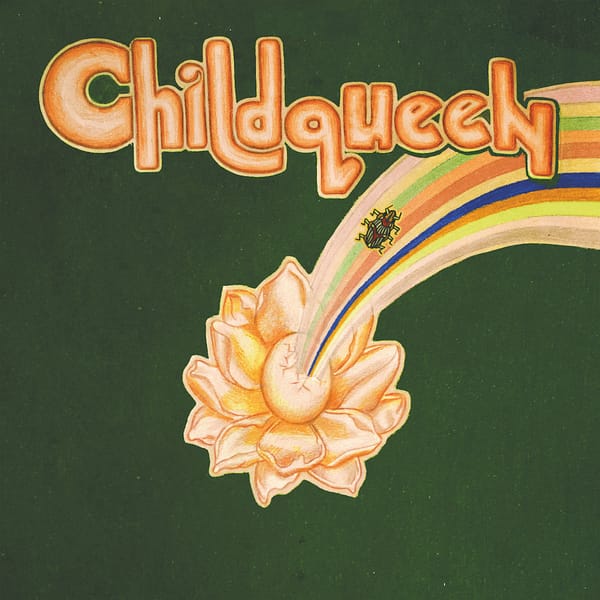What do we talk about when we talk about music?
Music Editor Henry Eshbaugh signs off the year with an impassioned plea to participate.

What motivates the musician? Compulsive enjoyment of frissive frequencies rattling together in perfect harmony? Melodies meandering through modes and motifs, each refrain serving as a signifier, a stand-in for human speech – the connotations built by our musical traditions there to hint at some underlying meaning? Is it all just aesthetic in the solitary Platonic ideal, or is there a more symbolic point?
A major challenge in assessing music as a medium is the complicated interaction between the literary and the sonic. Plain-jane three-chord six-string ballads are just as capable of captivating us as the most lavishly-orchestrated instrumental epics of classical music, or as the deft and dizzying medley of extended intervals and enchanting improvisation that constitute jazz. What’s the equivalence? After all, this is the music section, and at the end of the day we all just shit out some rating outta five and go home.
We need to talk about the way we interact with music. The meaning we find in it, and the way we fall in love when it connects. Sure, there’s aesthetic value to music – it can be pretty, can’t it? But pretty isn’t hook-y. We can enjoy a nice view, feel sated, and move on with our lives. Pretty doesn’t compel us to interact, to come back and back again. The works we love always have a certain catharsis – a foothold to identifying with the song or album that transcends the ‘simple’ sound. Good music is more than just decoration. It includes an invitation to subsume the work into yourself.
“Don’t just listen to music. Talk about music. Argue about music. Participate in music”
This necessitates some kind of symbolic exchange. The aforementioned catharsis requires a conveying of attitude, emotion, intention, information. You don’t find information in random noise, as any mathematician will tell you. Musicians cultivate vocabularies, identifying themselves with traditions spanning hundreds of years. Minor modes sound sad. Going down a fifth sounds like coming home. There’s that phrase you remember from the song on the radio when you realized you lost your teddy bear seventeen years ago, and now it sounds like loss. Nuance is conveyed in every aspect of performance – in picking dynamics, in harmony, in the way the band coheres.
Orthogonally, we have lyrics – perhaps the most direct means of communicating intent, but which themselves can dissolve into a wonderfully abstract sea of connotations and reverberant feeling. To an earlier point, this is why rusty strings and off-kilter strumming can sound so wonderful; sometimes they just fit a voice, and technicality gives way to the rawness of emotion otherwise conveyed. And in this movement, ballads and jazz fall on equal footing. Different traditions, different customs, to be sure, but the same latent wish to be read into.
The Western music tradition is a fecund source of unspecific meaning. We interpret lines as sounding bright, dour, space-y, connections formed by years of listening, interacting, playing, writing, talking, thinking. Beauty truly is in the eye of the beholder; art is elevated by the process of interpretation as much as it is in its very creation – whether it be a ramble in a uni paper or a slick reharm by a talented artist. It is the very attempt to interpret a piece of work’s meaning that gives that work meaning, a sort of Deleuzo-Guattarian reterritorialization-recontextualization of intent that feeds back into a rich cultural dialogue and moves the music world forward.
And so, I beg of you – don’t just listen to music. Talk about music. Think about music. Argue about music. Participate in music. There are few pleasures in life so rich.
I’d like to close this piece off – and this year off – by thanking Adrian and Andy for an amazing job editing the section, Fred for being a legendary Editor-in-Chief, our contributors for their dedication and their wonderful opinions on all things sonic, the copy editors for their much-needed and little-appreciated work behind the scenes, and, generally, everyone at Felix for a fantastic fucking year.
Ah, and you, dear reader. Thank you.







